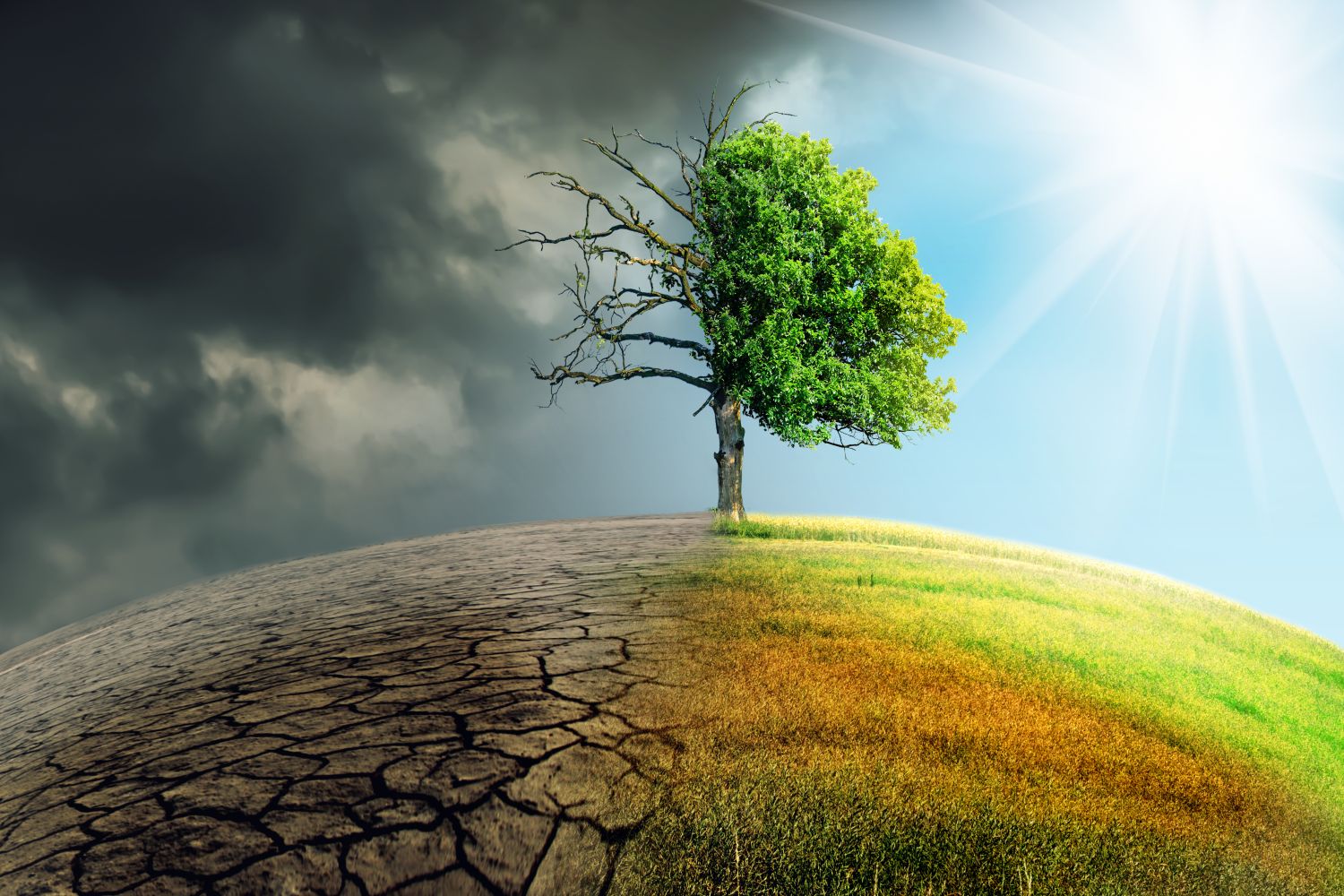
MSc/MPhil in Climate Change and Sustainable Development
This full time one-year taught Master’s course provides interdisciplinary training in climate change and sustainable development, with a focus on the issues of relevance to African development.
Duration
4 years
Starting Date
TBA
Tuition Fee
ZAR TBA
Location
Cape Town, South Africa
The Nature of the Discipline
It is convened by UCT’s African Climate and Development Initiative, a UCT Signature Theme comprising academics and research units from across the University with a shared interest in interdisciplinary research and solutions to the climate change problem.
The course is administered by the Department of Environmental and Geographical Science, to whom applications should be addressed.
Course Content
Two compulsory core modules:
- Introduction to Climate Change and Sustainable Development – providing broad, integrated knowledge on key issues in the climate change and sustainable development field. The module covers topics such as sustainable development; the climate system, anthropogenic forcing, and climate system response; African climate variability and change; international climate change legal frameworks; the economics of climate change and climate change financing; and climate-compatible development.
- Climate Change Adaptation and Mitigation – providing in-depth coverage of adaption and mitigation from both theoretical and applied points of view.
- Two elective modules, chosen from a range of topics such international climate law, sustainable urban systems, climate variability & prediction, and climate change & biodiversity, offering the opportunity to explore new areas or to look at climate and development through existing disciplinary backgrounds.
- A 90-credit dissertation to be submitted by the end of January, with possible extension to June.
Course timing
The course begins in late January and finishes with a dissertation hand-in deadline of end January the following year.
Who Should Attend?
Honours or four-year Bachelor graduates from across the spectrum of disciplines, who want to gain a broad understanding of the issues involved in climate change and sustainable development from an African and developing world perspective, and those wanting a comprehensive introduction to climate change issues before embarking on a PhD. The course will equip its graduates for employment in government, local authorities, businesses with a sustainability agenda, consultancies, NGOs, and international development organisations. It is aimed at both recent graduates and those with several years’ experience who wish to engage with these pressing issues within the context of their vocations.
Application Requirements and Information
Acceptance to a postgraduate degree in the Department of Environmental and Geographical Science Department is highly competitive. To be eligible to apply for the Masters in Climate Change and Development, a candidate must have the equivalent to a UCT Honours degree. This is a minimum of a four-year degree, with a significant research component in the fourth year. If you are uncertain as to your eligibility, you would be advised to approach the South African Qualifications Association (SAQA) to review your transcripts. A SAQA score of 7 would be considered equivalent to Honours, in which case you would be eligible to apply to our Masters programmes. Please note that eligibility to apply does not constitute acceptance to the programme.











